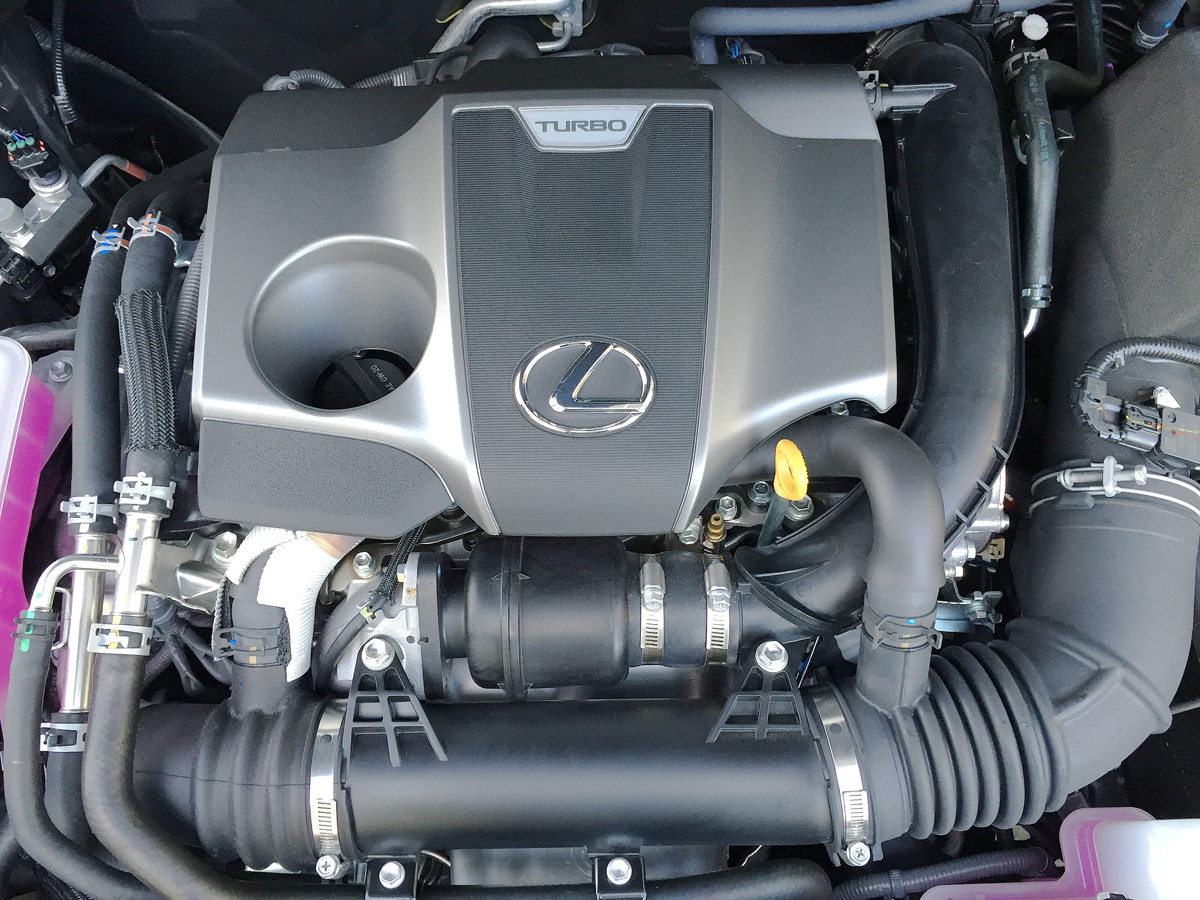Regular or synthetic engine oil: which one should you use?


It’s a question that’s been asked a million times, and will be continue to be asked a million more: what engine oil should you use in your vehicle, regular or synthetic?
Rather than answer for you, below is some more discussion about both types that will hopefully allow you to make an informed decision when it’s time for an oil change.
What’s engine oil for?
The internal combustion engine is made up of countless moving metal parts, working together closely in unison to power your automobile. Engine oil provides a thin but invaluable layer of lubrication between the parts, reducing friction and wear on delicate components, prevents corrosion, and even acts as a noise buffer. The multi-faceted liquid also absorbs heat and traps harmful particles such as dirt and metal shavings.
Reading engine oil grade
Both regular and synthetic is graded for viscosity, or its efficacy in cold weather. The measurement is represented by a series of numbers and letters seen on the bottle label, for example 10W-30. The first number, in this case 10, represents maximum viscosity at low temperatures — the smaller the number, the better the oil flows when it’s cold. The W stands for winter. The second number, 30, is a rating of the viscosity at 100 C. Again, the smaller the number the thinner the oil is during those conditions.
The best course of action is to consult your user manual or your engine oil cap to see what grade is recommended for your vehicle. For people living in extreme climates, they may choose a slightly different viscosity oil to better perform in their unique environment.
Regular oil
Conventional engine oil starts as crude oil taken from the ground, and then refined using proprietary processes where ingredients like viscosity enhancers are added. Run-of-the-mill oil works fine for most applications and lasts for thousands of kilometres.
Synthetic oil
Contrary to what many believe, synthetic oil actually starts off with the same crude oil base, which is refined. Afterwards, however, synthetics go through a few extra steps including distillation and purification where the oil is broken down to a very basic level and impurities are stripped away. Additives are later added to improve its protective and lubrication qualities. Synthetic generally has a longer life than regular oil, and may have fuel saving properties and an enhanced ability to increase performance in high-mileage vehicles. The tradeoff is that it’s more expensive.

At the end of the day, both kinds of engine oil will protect your engine if you observe regular maintenance cycles. Evaluate whether it makes fiscal and operational sense to invest in pricier synthetic oil, and remember you can always consult the advice of a professional when you bring your car in for service.

